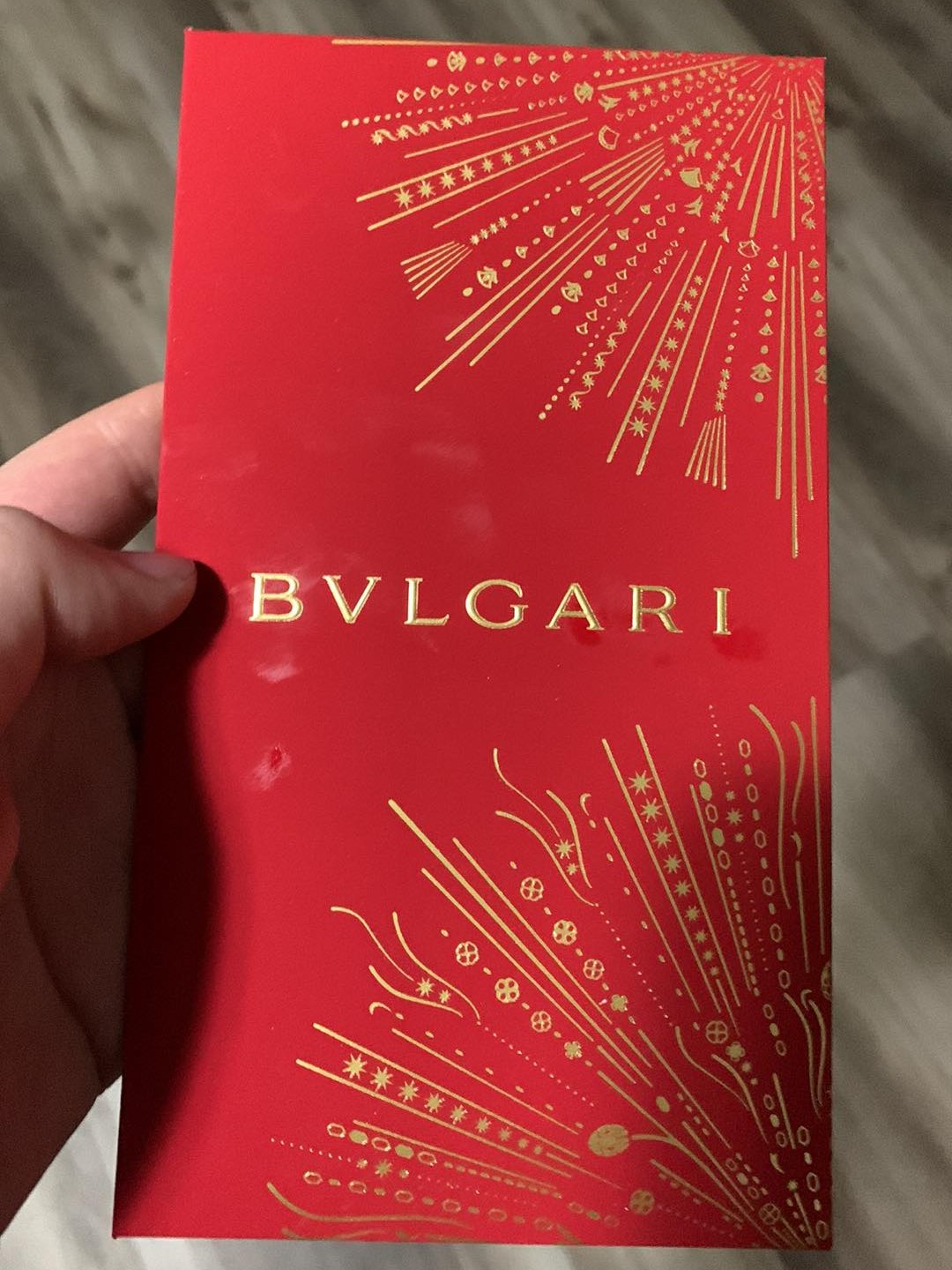
An Unconditional Identity
Ivy, 22
On special occasions such as Lunar New Year, birthdays, and weddings, red envelopes of cash are often given to family and friends as a gift of well wishes and good luck. Ivy received this Bvlgari red envelope from their grandmother’s house assistant, grateful for the gift and amused by the Italian designer's flair on a Chinese tradition.
Ivy, whose parents emigrated from China to the United States, identifies themselves as Chinese American. Although they grew up in an area of Pennsylvania with a fairly large Chinese American community and had Asian American friends throughout elementary and secondary school, there were times they felt “not Chinese enough” to fit in. Ivy had attended Chinese school for a short time, which left their ability to read and speak Mandarin Chinese at an elementary level. They wish they knew more of the language to be able to understand their grandparents’ stories and culture with direct communication. However, they can understand them through the times they spent cooking and eating traditional Chinese food together. Knowing the authentic taste of Chinese cuisine serves at the connection to Ivy’s roots and has also allowed them to relate with other Chinese Americans, even if they have never met before. Ivy believes that being Asian American is not just Asian culture and American culture combined but its own distinct culture, made from a little bit of both and some experiences you can get only by being both Asian and American–and it’s that “insider” experience that brings Asian Americans together.
Ivy explained that a friend once told them that she was afraid to wear her qipao, a traditional Chinese dress, to an event that was not associated with Chinese festivities. They told their friend that her feelings were understandable because people may not expect her to dress that way, but also that she should not care about how they perceive her because being Chinese American does not mean that she must be Chinese only in Chinese settings and American only in American settings. It would be ideal if dressing in cultural clothes was not a “spectacle” for others, Ivy says, and that “if I am Chinese American, I should be Chinese American” not “Chinese on occasion.”